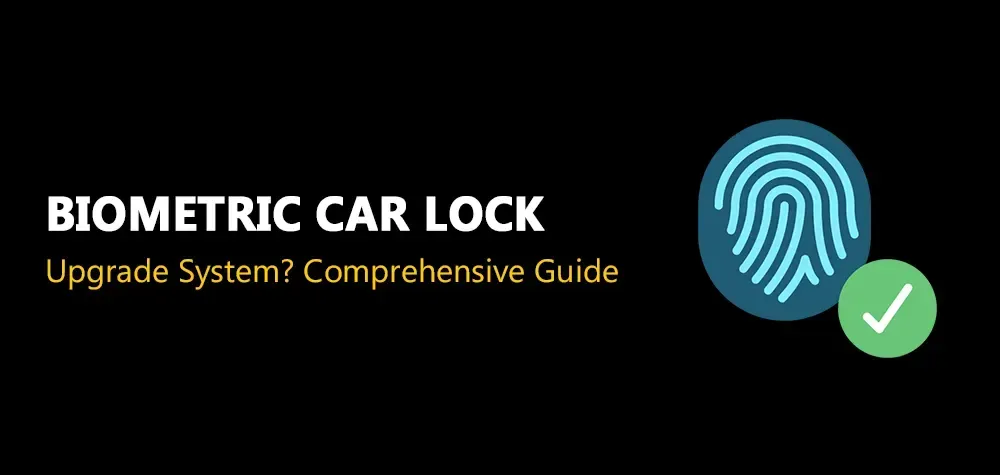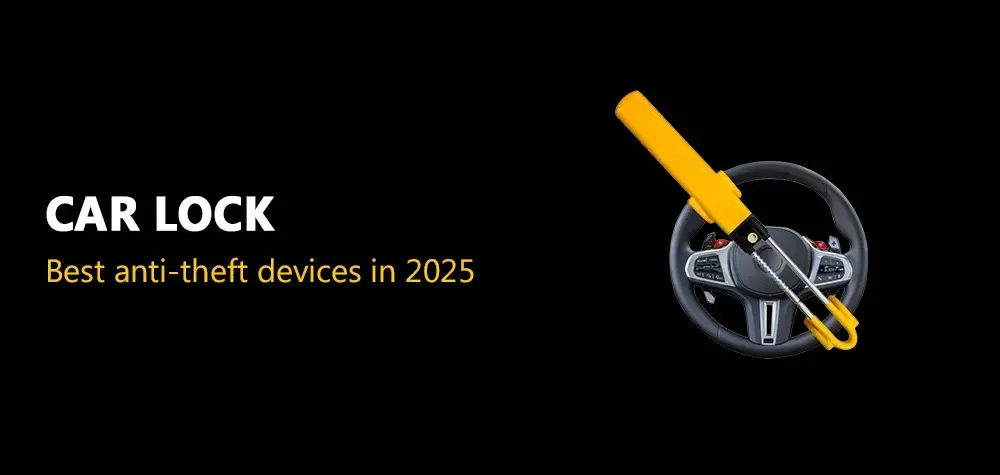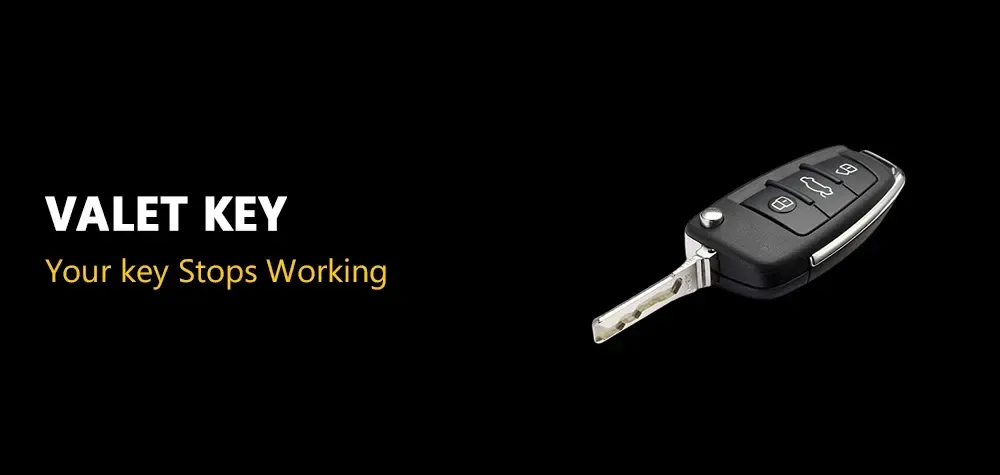How to Pick the Right Safe for Your Home or Business
A safe isn’t just a box with a lock—it’s your last line of defense against theft, fire, and unauthorized access. Whether you’re protecting family heirlooms, business records, or cold hard cash, choosing the wrong safe can mean losing everything in a disaster or break-in. And let’s be blunt: not all safes are created equal. Some will crack open with a screwdriver, while others can survive a raging inferno or a determined burglar with power tools. So, how do you choose the right one? Let’s break it down.
Understanding the Different Types of Safes
Traditional Safes vs. Smart Safes: What’s the Difference?
Traditional safes rely on mechanical or digital locks and require a key, combination, or keypad code for access. They’re straightforward, reliable, and, depending on the build quality, nearly impenetrable.
Smart safes, on the other hand, come with biometric scanners, app integration, and even remote access. They offer convenience and extra security layers but also bring risks—like hacking vulnerabilities or power failures. If you’re tech-savvy and need real-time monitoring, a smart safe could be the right pick. If you prefer something simple and foolproof, go for a high-quality traditional safe.
Fireproof Safes: Do You Really Need One?
Think about what you're storing. If it's cash, documents, or electronics, a fireproof safe is a must. Fireproof safes are rated by how long they can withstand high temperatures before their contents get damaged. The industry standard is a UL (Underwriters Laboratories) rating—aim for at least one hour of fire resistance. Anything less might not survive a serious fire.
Burglary Safes: Keeping Thieves Out
If theft is your primary concern, a burglary-rated safe is your best bet. Look for TL-rated safes (Tool-Resistant), which indicate how long the safe can withstand an attack with tools. A TL-15 safe can endure 15 minutes of sustained attack, while a TL-30 offers 30 minutes of hardcore resistance.
Gun Safes: Not Just for Firearms
Gun safes aren’t just for gun owners—they’re a solid choice for anyone needing secure, large-scale storage. They typically come with reinforced steel and additional security layers, making them a viable option for storing valuables like jewelry or important documents.
Key Factors to Consider When Buying a Safe
1. Size and Weight: Does It Fit Your Space?
A massive safe sounds great until you realize it won’t fit through your door or floorboards can’t support its weight. Measure your space and choose accordingly. Also, consider how much storage you actually need—buying a safe that’s too small will be frustrating when you run out of room.
2. Locking Mechanism: Key, Combination, or Biometric?
- Key locks are old-school but reliable—just don’t lose the key.
- Combination locks don’t require batteries but take longer to open.
- Electronic keypads offer quick access but need battery replacements.
- Biometric locks provide fast and secure access but can fail in extreme conditions or if your fingers are dirty or injured.
Each type has pros and cons, so pick the one that best suits your security needs and lifestyle.
3. Installation: Free-Standing vs. Bolted Down
A heavy safe is great, but if a burglar can just carry it off, it’s useless. Bolting your safe to the ground or securing it in a hidden location drastically improves security. For businesses, consider embedding the safe into a wall or concrete floor.
4. Budget: Are Expensive Safes Worth It?
You get what you pay for. A cheap safe from a department store is little more than a glorified metal box. If you want true protection, be prepared to invest. Good safes range from $500 to $5,000, depending on size, security features, and fireproofing.
Common Mistakes to Avoid When Choosing a Safe
- Ignoring the weight and size—Many people buy safes that are too big or too light, making them easy to steal.
- Forgetting about water resistance—Fireproof doesn’t mean waterproof. If you live in a flood-prone area, look for a waterproof rating.
- Overlooking lock quality—A safe is only as good as its lock. Choose safes with reinforced locking bolts and pry-resistant doors.
Expert Recommendations
- Best for Home Use: A fireproof and burglary-rated safe with a TL-15 rating.
- Best for Businesses: A cash drop safe for quick deposits and a fireproof document safe for paperwork.
- Best Budget-Friendly Option: A small fireproof safe for essential documents and valuables.
Final Thoughts: Which Safe Is Right for You?
Picking the right safe isn’t just about storage—it’s about peace of mind. Whether you’re safeguarding important business documents, irreplaceable family treasures, or hard-earned cash, investing in the right safe makes all the difference. Consider what you need most: fire resistance, burglary protection, quick access, or all of the above. Then, choose wisely.
A safe should be an impenetrable fortress for your valuables—not an afterthought. Take your time, do the research, and invest in quality. Your future self will thank you.
Call Us Any Time!




